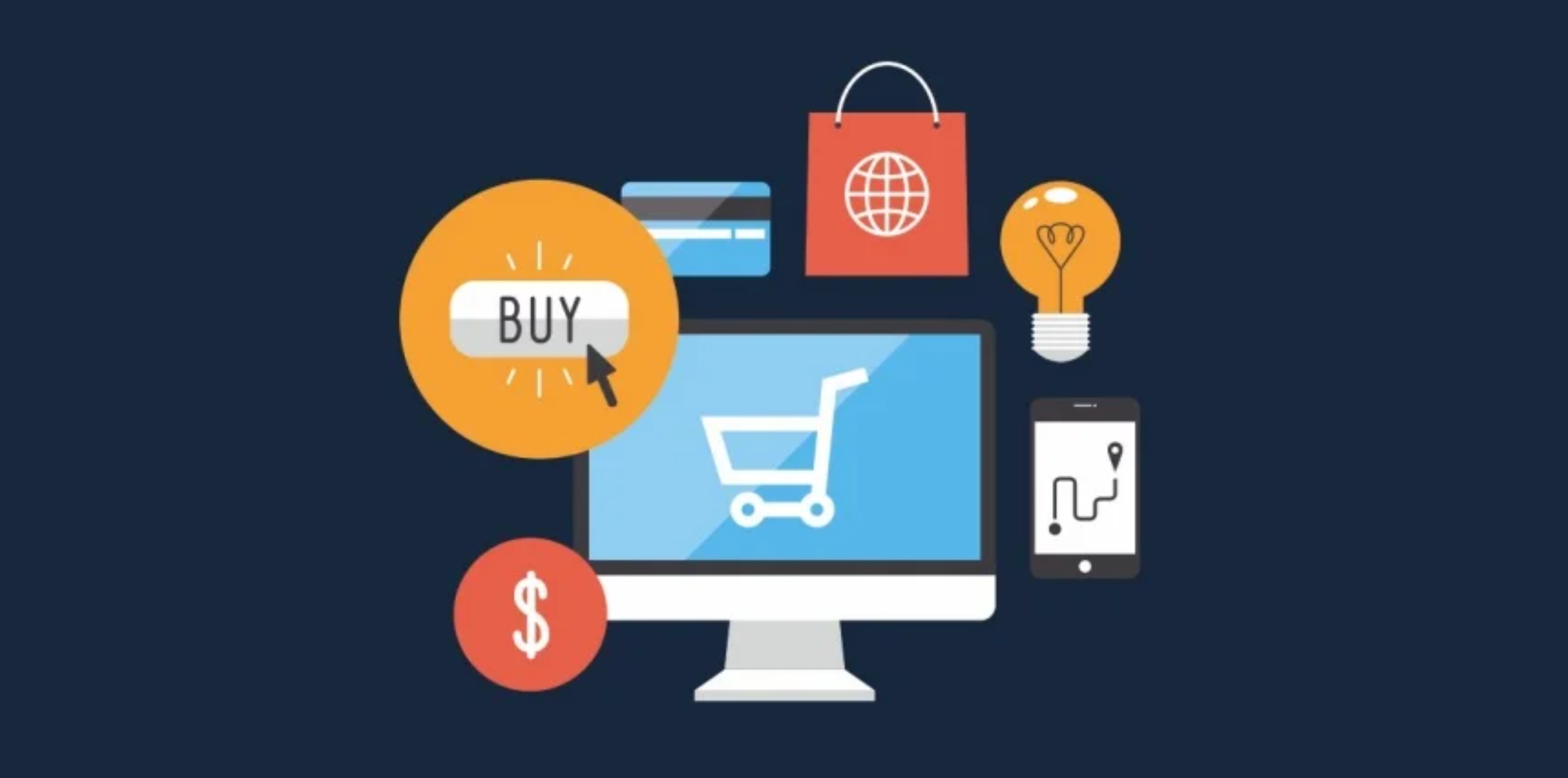Why Personal Values are the Key to a Great Marketing Campaign
 In 1997, Steve Jobs explained one of the most important principles of marketing in six words: “To me marketing is about Values.” He goes on to describe how some of the most iconic and successful brands resonate with customer’s personal values. This is a principle worth expanding upon.
In 1997, Steve Jobs explained one of the most important principles of marketing in six words: “To me marketing is about Values.” He goes on to describe how some of the most iconic and successful brands resonate with customer’s personal values. This is a principle worth expanding upon.
We all live by a set of values that are important (or unimportant) to us. Some people value having fun and seeking adventure (Hedonism). Some value having influence and control over subordinates (Power). Still, others value helping people and making the world a better place (Benevolence). Values are beliefs and goals that transcend specific situations to motivate behavior. Understanding what consumers value is important because, much like personality traits and other individual differences, values have demonstrated powerful predictive ability in a number of customer experience and marketing operations. Values have also been shown to predict a variety of specific purchasing behaviors from choosing a new pair of sunglasses to purchasing environmentally friendly or organic products.
With an understanding of the various value constructs (e.g., Hedonism, Power, Benevolence), marketers can implement their predictive power in a variety of applications. A few days ago, Nike released an ad campaign ahead of the 2014 World Cup entitled, “Risk Everything.” The 60-second spot highlights the pressure star soccer players face in representing their country on the world stage. The mood of the ad is somber and intense, ending with a logo embellished with a skull and crossbones. The campaign appears to align with values of stimulation, self-direction, achievement, and power. Either intuitively or systematically, executives at Nike believe these are the values that will align or resonate with their key customers and thus motivate them to engage with the brand and buy more products.
Some advertising or marketing campaigns may intuitively (or luckily) find success in aligning a brand with the values of its ideal customers. However, there are more deliberate and systematic ways of ensuring that your messaging, marketing, or promoting resonates successfully. Let's examine some specific areas of application and why you should consider adding them to your marketing strategy.
Email Marketing
Research has already begun to show (both in an experimental setting and in application) that messaging is more persuasive and effective when tailored to people with specific personality traits. The same effect of messaging is also likely to hold for people who prioritize different values. For example, let’s say a hotel is sending out an email campaign promoting a new location in Palm Springs. Individuals who highly value Hedonism are likely to feel more aligned with a message about the fun and lively elements of the hotel (e.g., proximity to clubs and bars). Individuals high on Tradition or Conformity may be more aligned with a message highlighting the wholesome, family friendly elements of the hotel (e.g., quiet rooms). Having information on your customers’ values allows for a much more personalized and thus more successful campaign.
Loyalty Programs
A report released in 2013 by Martiz Loyalty revealed that loyalty programs yielded higher customer engagement and satisfaction when the personal values of the shopper and the program were aligned. They found that the more customers felt aligned with the program on values, the more likely they were to re-purchase items and recommend the program to a friend. Additionally, 94 percent of customers reported a desire to receive communications from their loyalty program, while only 53 percent of those people reported receiving relevant emails from said programs. This report highlights the opportunity and need for marketers to implement values data into their personalization efforts.
Ecommerce Personalization
E-commerce sites offer another platform of values personalization. For example, if a company discovers their best customers value achievement, they could tailor their landing page with goal or success-oriented messaging and design. Or, perhaps their best customers highly value Universalism of Benevolence. Then the company may want to customize their landing page with friendly messaging and harmonious or peaceful design elements. There are a number of ways values data can be implemented in these types of virtual platforms.
These are just a few examples of entry points to leveraging values for better alignment with key customer segments. With proper strategic applications, values can be used to accomplish a diverse array of business objectives.
What are values, really?
The most widely accepted model of values was proposed by Shalom H. Schwartz in the late 1980’s and a significant amount of research has been conducted since then to establish the structure and universality of the model. The model has converged on 10 universal values: Conformity, Tradition, Power, Achievement, Hedonism, Stimulation, Self-Direction, Universalism, Benevolence, and Security. Unlike the Big Five, which are mostly orthogonal (or independent constructs), values are intercorrelated in a semi-circumplex structure such that values adjacent to one another on the circle are correlated. For example, Achievement and Power are closely related to one another. So, a message that appeals to someone who values Power (for example “Leave them in the dust!”) will also likely appeal to someone who values Achievement.
How can values be measured?
While a handful of scales exist that measure these constructs, two of the most common are Schwartz's Value Survey (SVS) and the Portrait Value Questionnaire (PVQ).
Measuring or obtaining information about a consumer’s personal values creates wide opportunity for personalization and actionable insights within several marketing and sales contexts. Of course, values alignment is just one piece of the personalization process. But, it is a huge step forward for enriching your customers’ experience and finding a way for your campaigns to both reach broadly and resonate deeply.

